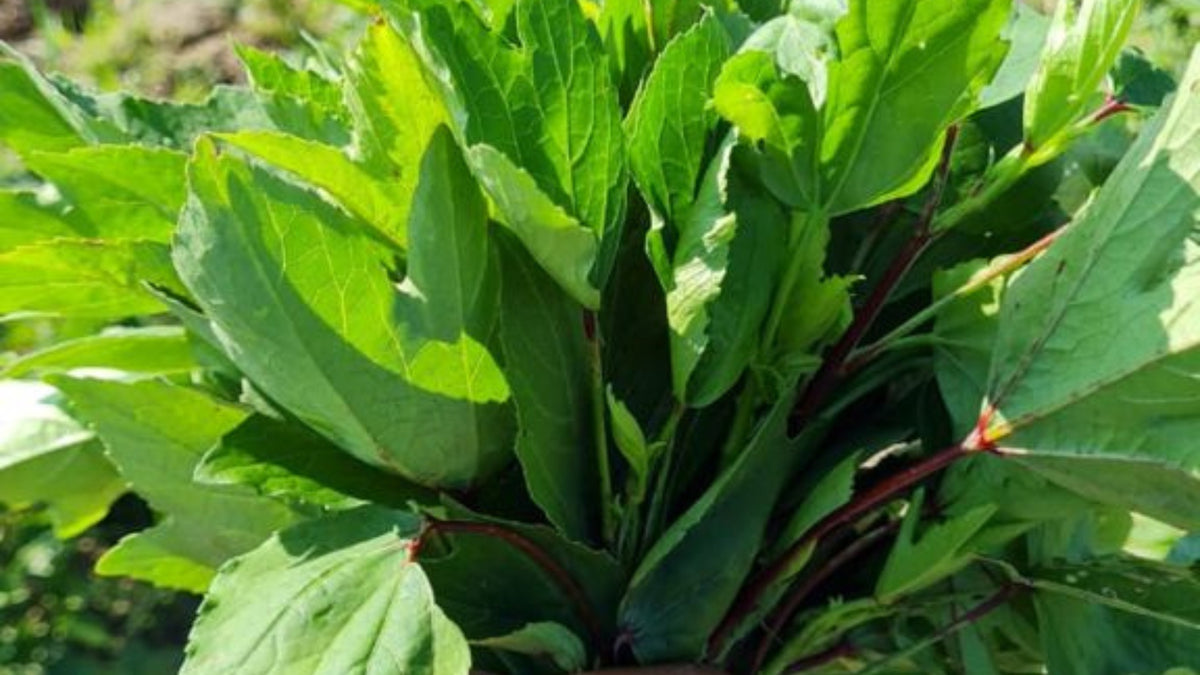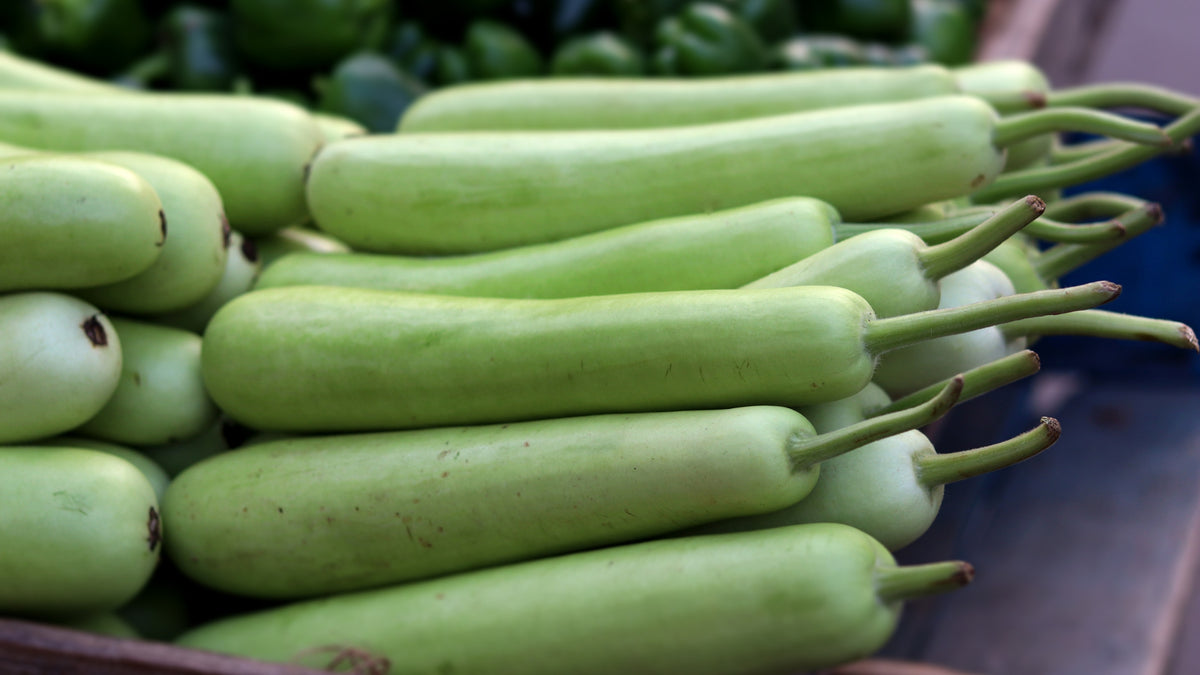
Reducing Mental and Physical Stress with Ayurveda

More so than ever, we need to check in with ourselves to make sure our mental and physical health is intact and we are resistant to the extra stress in our lives. Whether you find yourself constantly busy or balancing too many tasks, life has become more challenging in the post pandemic era.
According to many experts in the fields of psychology and psychiatry, the destabilization resulting from the coronavirus pandemic may not be as noticeable now as it will be after the pandemic period is over. Undoubtedly, the fact that the surrounding reality is standardized and normalized by many at present contributes to this. In the opinion of many researchers, the scale and degree of trauma experienced by society will only be noticed by many once the pandemic is over. Read the full survey here.
We know if we eat, sleep, and exercise regularly, our health dramatically improves. What should we do when stress is endured for prolonged periods? Does our mental and physical wellbeing gradually dwindle, and we become less able to cope? These are important questions to consider when assessing your health.
How the effects of prolonged stress show up
- Are you sleeping well? Do you feel rested?
- Do you feel your hunger? Do you eat meals at the right time and the right amount?
- Do you feel satisfied with renewed energy after your meals?
- Do you feel anxious? Or have difficulty remembering simple things?
- Does your body feel achy, stiff, numb, or weak?
How well you are cope with stress is reflected in how you feel
Long term stress will cause any number of symptoms but most importantly it changes our normal bodily function. For instance, decreased sleep, hunger or memory, and/or increased hunger, indigestion, or body pain.
Knowing the signals your body gives you is key to managing stress. The first steps require nourishing foods, regular sleep, and light to moderate exercise. The second step is stress relief techniques along with herbal products that help us cope with the effects of stress.
Deep, mindful breathing
When you are in a stressful situation, take a moment to take a deep breath. Is this something you can do something about? If so, plan on how to manage it. Is it something you can’t change? Then let it go. Slow and relaxing breathing signals your mind and body that you are in a safe space. When you notice you are stressed and feeling anxious, tense, or angry, bring your attention to your breath and slowly breath in and out for a minute or so.
Meditation
Stress effects our minds and bodies when we are not living in the present. Practicing mindfulness meditation calms the nervous system and strengthens our resiliency to stress. Your mind has a powerful effect on your body and by bringing tranquility to your mind, you bring harmony to your body. Practice meditation by sitting quietly and observing your breath both morning and evening. At first your mind will start to unload excess thoughts and with continued practice your mind will become calmer and more balanced during stressful periods.
Daily self-massage
Massaging yourself with herbal oils on a daily basis is a simple and nourishing self-care ritual called Abhyanga. There are many health benefits from daily massage but is especially helpful for calming the nervous system. Simply warm a quarter cup of oil and rub it over your skin in whatever way feels nourishing. Let the oil soak in for a few minutes before you take a warm shower or bath, towel dry and dress warmly.
Oil massage for your feet
In addition to a full body massage, you may also massage your feet when you are preparing for bed. This will help calm your mind and promotes a more restful sleep. Use a small amount of oil for each foot and put on a pair of socks after you apply the oil.
By learning how you respond and react to the world around you, you are bringing awareness to your own unique ways of staying healthy. Ayurveda is a lifelong journey, and we recommend taking each step one at a time and adding it to your daily routine.
Herbal massage oils help calm the mind
Brahmi Oil supports and nourishes vata dosha, the main herb brahmi helps ease head pain and supports cognitive thinking and memory.
Balaswagandhadi Oil balances both vata and pitta dosha, the main herb is ashwagandha which supports and nourishes the muscles, nerves and bones, and helps to ease pain.
Herbal supplements help calm the mind
Brahmi Caps help balance vata dosha. The main ingredient brahmi is a well-known herbal tonic that supports memory and concentration and helps promote a calmer mind and sounder sleep.
Kalyanaka Ghritam balances mainly vata and pitta dosha, supports the nervous system, energy, nourishes muscles, bones, and nerves and improves mood and feeling of wellbeing.
Maha Kalyanka Ghritam is more potent than Kalyanaka Ghritam and balances both vata and pitta dosha, supports the nervous system, energy, and nourishes muscles, bones, and nerves.
Ashwagandha Arishtam balances vata dosha, supports men's health, nourishes the muscles, nerves and bones, improves stamina and strength of the body. The main herb Aswagandha and is a well-known nervine tonic and helps calm the mind.
Manasamitra Vatakam the main herbs are vacha and shilajatu which help to balance vata dosha and the nervous system. Manasamitra supports and nourishes the brain and nerves, helps improve memory, concentration, and promotes sound sleep.
If you have any questions about how to use Kottakkal products, you may schedule a free 15-minute consultation here.
Disclaimer: These statements have not been evaluated by the Food and Drug Administration. Kottakkal Ayurveda products and information are not intended for use in the diagnosis, treatment, cure, or prevention of any disease. If you have serious, acute, or chronic health problems, please consult a trained health professional. If you are seeking the advice of a trained Ayurvedic professional, call (800) 215-9934 or email us at contact@kottakkal.shop. We will provide you with information to consult with Ayurvedic professionals. Always check with your doctor before taking herbs when pregnant or nursing.
Also in Healing with Kottakkal Ayurveda

Food is Medicine - Organic Gongura Leaf
Gongura, often referred to as Indian sorrel, is a leafy green vegetable packed with an array of health benefits. This vibrant green is a treasure trove of essential vitamins, minerals, and antioxidants.

Food Is Medicine - Organic Bottle Gourd

Boosting Energy and Rejuvenation with Narasimha Rasayana
Narasimha Rasayanam is an herbal jam formulated with base ingredients of butter, honey, and milk. This time-tested remedy is believed to promote balance within the body's three doshas, vata, pitta, and kapha and supports a range of health concerns. From supporting physical strength and hair health to promoting rejuvenation and cognitive function, Narasimha Rasayanam offers a multifaceted approach to well-being.


Julie Wardwell